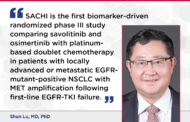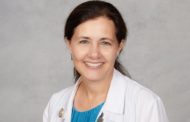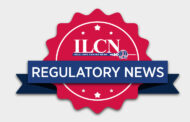The IASLC’s first-ever report on diversity, equity, and inclusion (DEI) will be presented tomorrow, Tuesday, September 10, during a special DEI session. The session, Beyond Equity: Creating Understanding in Thoracic Oncology, will provide a look at the association’s global efforts to work together for a more inclusive and diverse community dedicated to thoracic oncology.
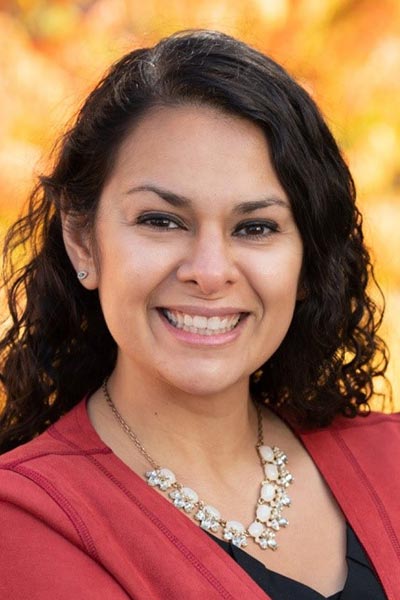
“This is a global survey,” said Session Co-chair Narjust Florez, MD, FASCO, Associate Director of The Cancer Care Equity Program and Thoracic Medical Oncologist at Dana-Farber Cancer Institute, Boston. “This is not only about racial and ethnic minorities, but also about our colleagues in the LGBTQIA+ community, older adults, IASLC members living and practicing outside the US, non-English speakers, people in religious minorities, and people in any group that has historically been marginalized.”
Session Co-chair and DEI Task Force Chair Cecilia Pompili, MD, PhD, Associate Professor of Thoracic Surgery at the University of Leeds Medical School, Leeds, UK, will present the results of the IASLC’s first DEI survey during the session, which will take place from 12:30-13:30 PDT in Room 22 at the San Diego Convention Center. The session includes tips to improve inclusion in clinical trials, caring for members of the LGBTQIA+ community, ways to create a mutually respective work environment, and learnings from challenging DEI cases.
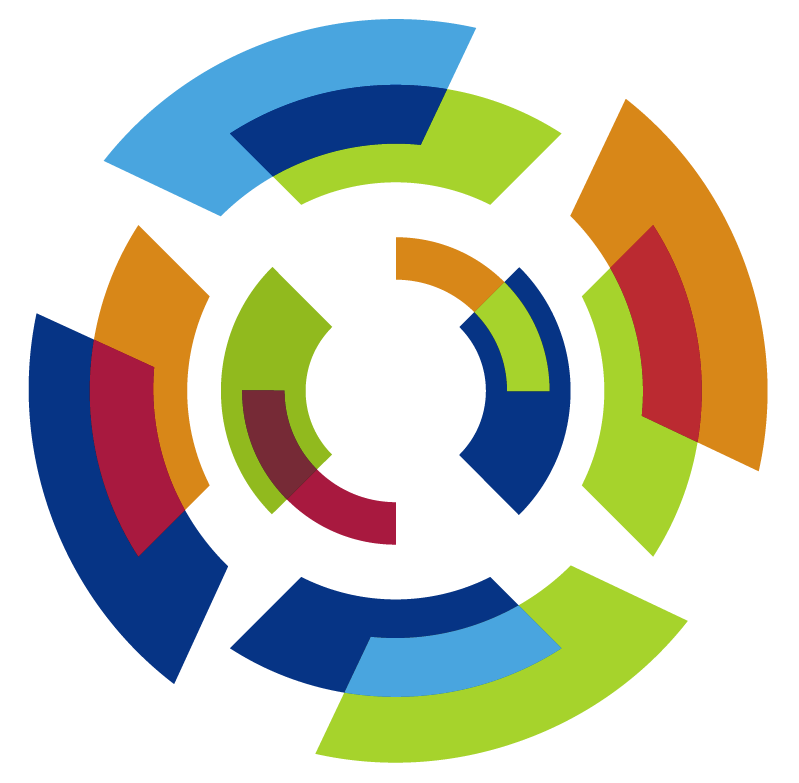
12:30-13:30 PDT, Tuesday, September 10
Room 22, San Diego Convention Center
Beyond Equity: Creating Understanding in Thoracic Oncology
Narjust Florez, MD, FASCO, and Cecilia Pompili, MD, PhD, will co-chair a special session on diversity, equity, and inclusion.
Efforts to assess and improve DEI are distinct from programs that target equality, Dr. Florez said.
Equality is when everyone gets the same opportunities without regard to the resources that might be needed to take advantage of those opportunities. Equity is when everyone gets the resources they need to succeed.
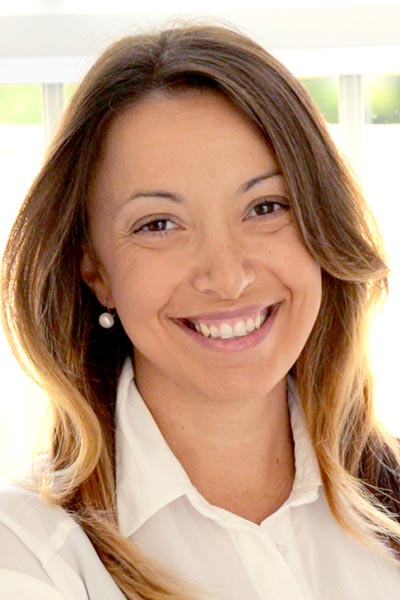
DEI has become a key organizational benchmark, said Dr. Florez, who is also Assistant Professor of Medicine at Harvard Medical School, Boston, and the IASLC represents the broadest multidisciplinary organization in thoracic oncology.
“This is the first time we will hear the voices of all of the diverse membership of IASLC outside the echo chamber that we have been in for years,” she said. “We will have voices from people in Latin America, Asia, Africa, Western Europe, and North America—from all of the diverse communities that our members are part of. This is just the beginning of understanding what is happening so we can change policy for the association as a whole, not just for me or for the people on the task force.”
The initial DEI survey report is the first step in a larger program to discuss the global challenges and opportunities in DEI. Look for more detailed findings and subject area-specific focus groups going forward.
“One thing that is unique to the IASLC compared to other oncology organizations is that we are a global organization and a multidisciplinary organization,” Dr. Florez said.
“We are medical oncologists, radiation oncologists, pathologists, researchers, surgical oncologists, pathologists, and more,” she continued. “We are unique because we deal with the needs and the people of all of the disciplines that play roles in thoracic oncology. That gives us a much broader view than any other group in thoracic oncology. And because the IASLC defines lung cancer screening, our colleagues in oncology all over the world pay attention whether or not they are members. We can play a bigger role in bringing equity to thoracic oncology than anyone else in medicine.”


